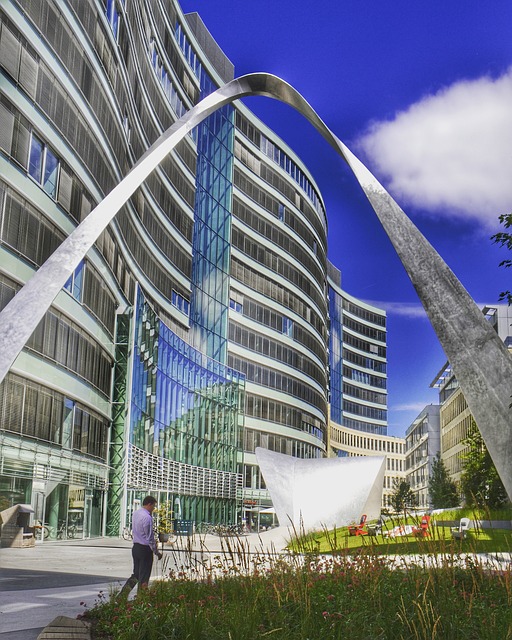- Target: 100% renewable energy
- Status: In progress
- RES: Combined heat and power (CHP), solar thermal and PV, wind power, and the use of local organic wastes for both heating and power generation.
- Implementation: The city of Frankfurt is a global financial hub and has positioned itself as a leader in sustainability and climate protection for several decades. In 1985, it founded one of the first municipal energy and climate protection agencies, which has worked extensively on promoting energy efficiency in local buildings and the adoption of combined heat and power systems. In 2008, the Frankfurt City Council agreed to implement a list of fifty energy saving and climate protection measures. The current Master Plan includes a dynamic array of projects and initiatives designed both to reduce emissions and to increase the adoption of renewable energy and energy efficiency technologies. Between 1990 and 2012, the City managed to reduce its emissions by 15% while the economy grew by over 50%.
Frankfurt implements projects by combining a top-down and bottom-up strategy, involving local citizens and businesses. The city benefits from a highly educated workforce, and a citizenry that broadly supports climate action and the continued expansion of energy efficiency and renewable energy. In addition, both the federal and state-level governments have provided funds to help support Frankfurt’s 100% strategy. The city aims to increase awareness within local schools through a wide range of onsite projects in schools across the city. The City’s Energy Agency is in the process of elaborating on its Master Plan, a strategy whose implementation will involve architects, engineers, consultants, local businesses, public buildings such as schools and hospitals, as well as local residents.
Due to the fact that Frankfurt is a relatively dense urban area, city representatives and local experts determined Frankfurt would need to rely on neighbouring communities and the surrounding rural area in order to reach the target of supplying 100 % the cities total energy needs from renewable energy sources. The current Master Plan envisions that approximately 25% will be supplied from energy generated within the City, 25% from outside the City, and total energy consumption will be decreased by 50%. Key elements of the strategy include increasing energy efficiency by 50 %, expanding combined heat and power (CHP) and increasing the role of solar (both thermal and PV), wind, and the use of local organic wastes for both heating and power generation. In addition, there are a number of pilots underway, including the initiative to develop a Virtual Power Plant (VPP), which would be designed to integrate several small generators into an interconnected network capable of adjusting to fluctuations in RE output. - Population: 746,878 (2017) city, 5,604,523 (2017) metro
- Area: 248.31 km2 (95.87 sq mi)
- Link: Renewing Frankfurt’s energy
